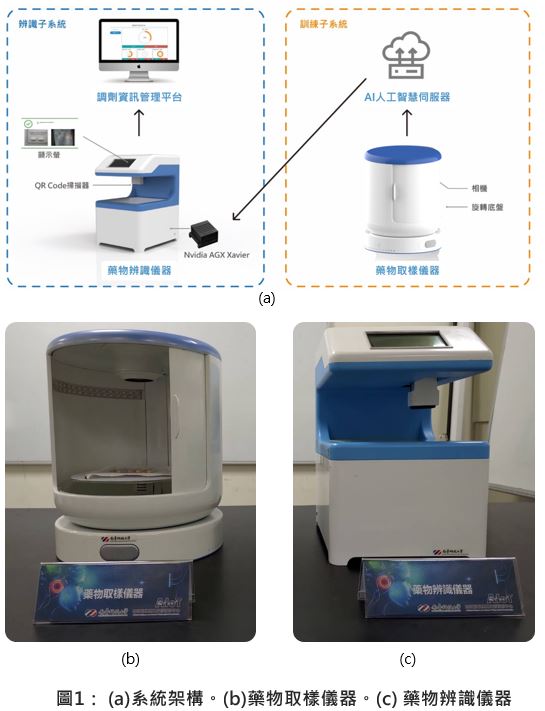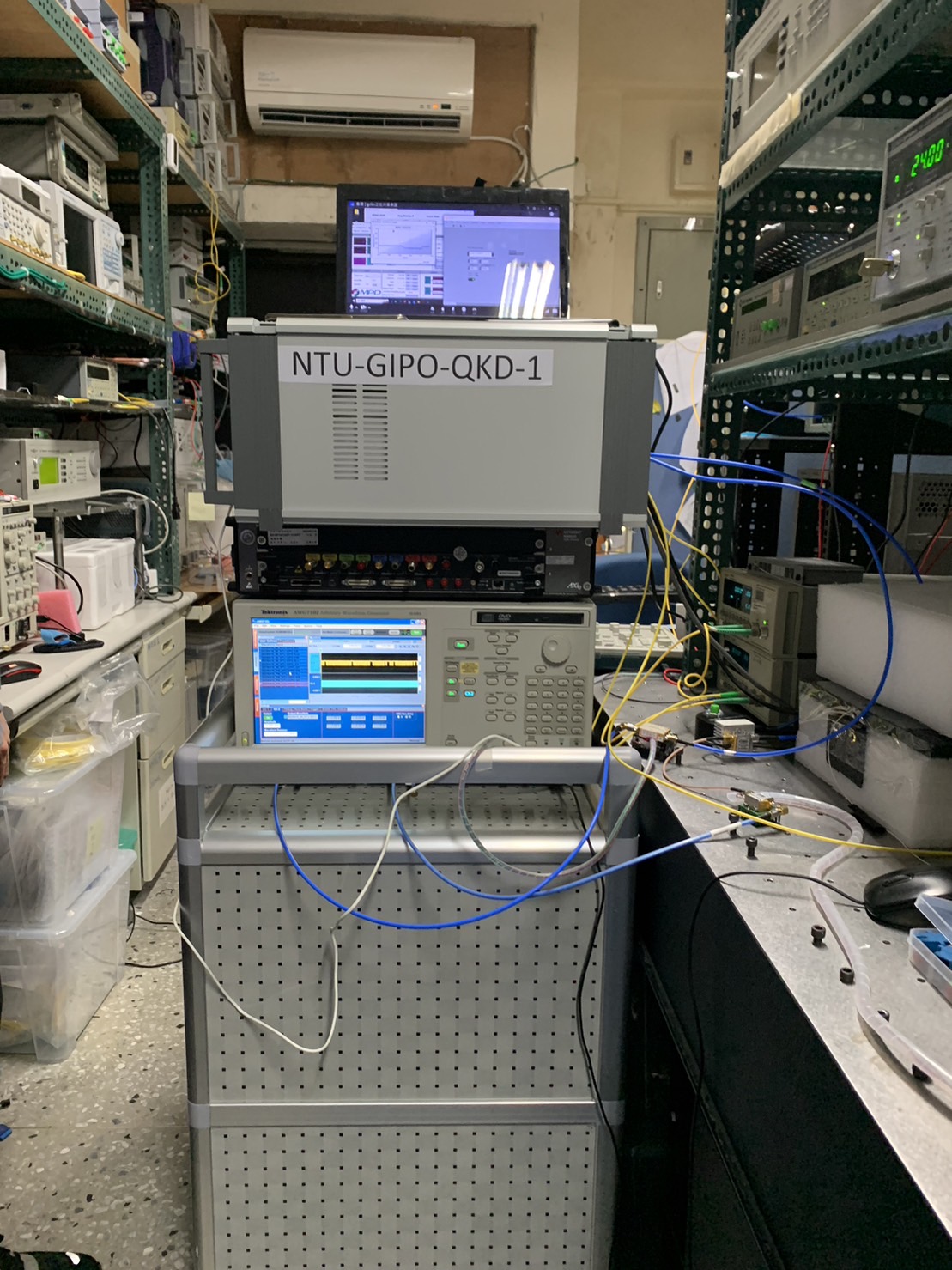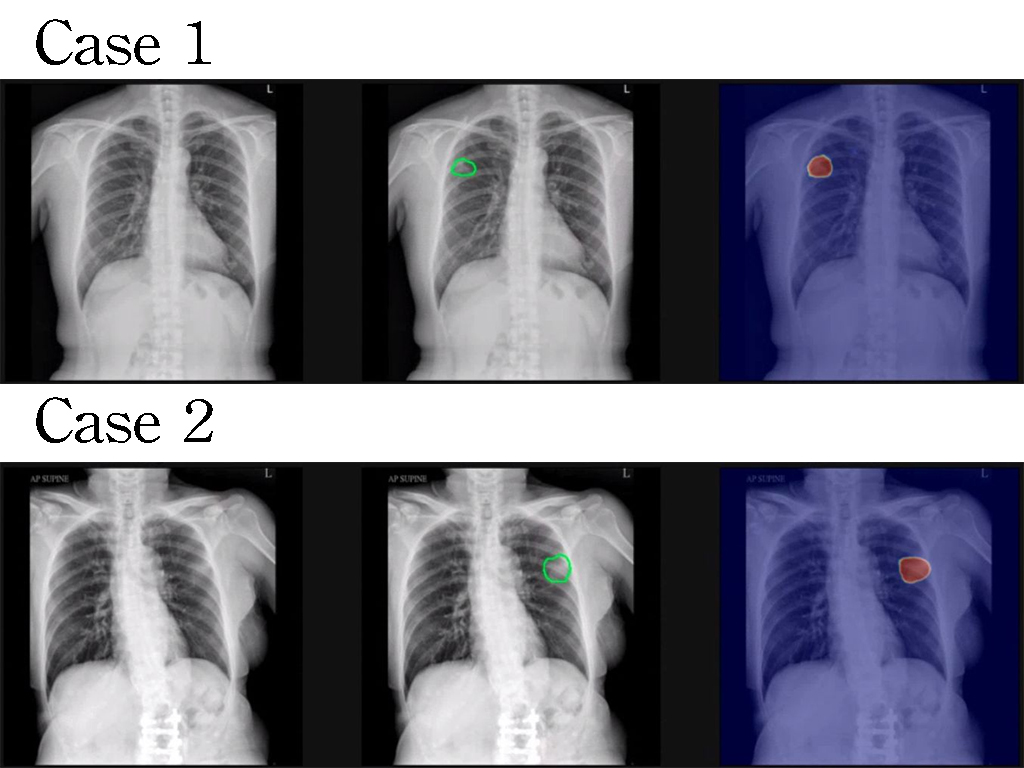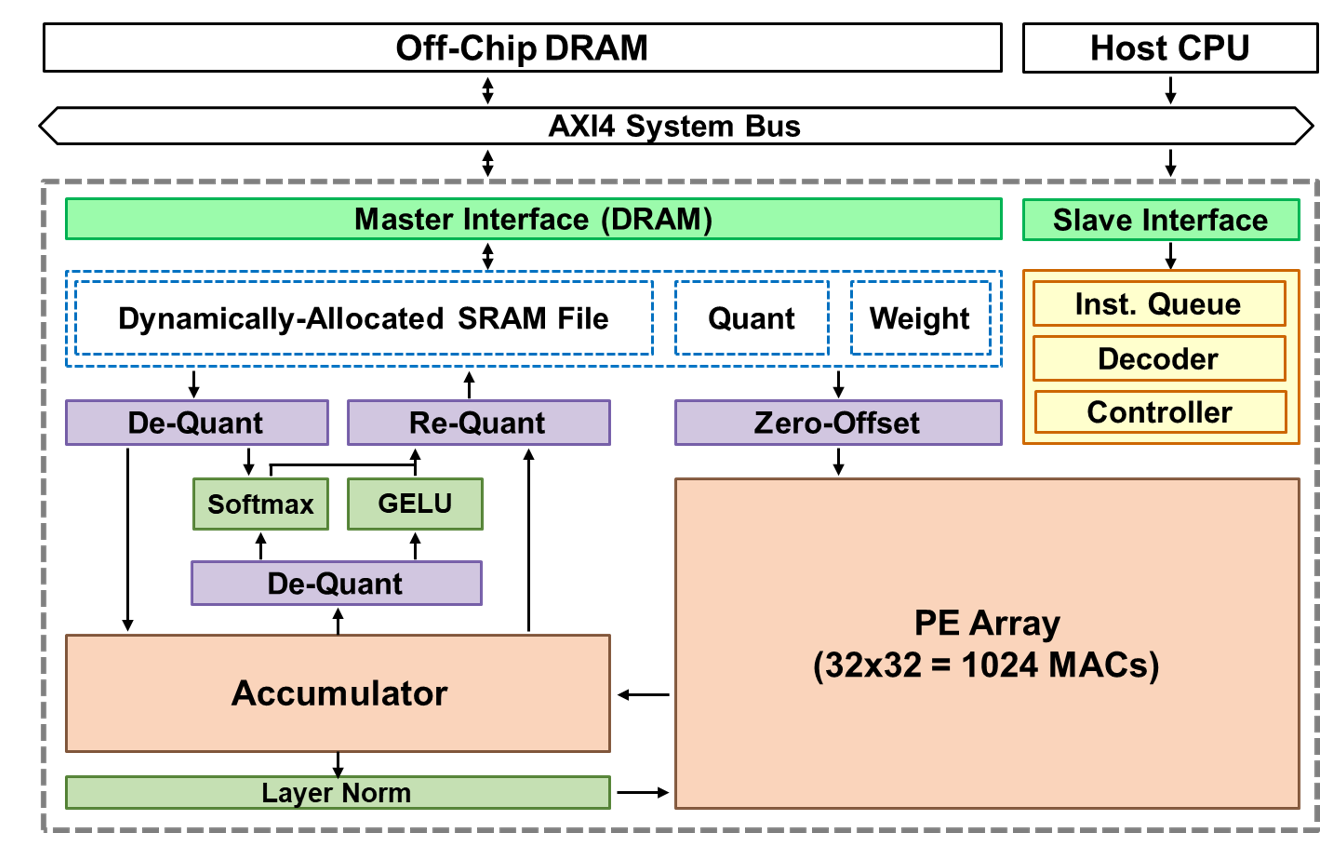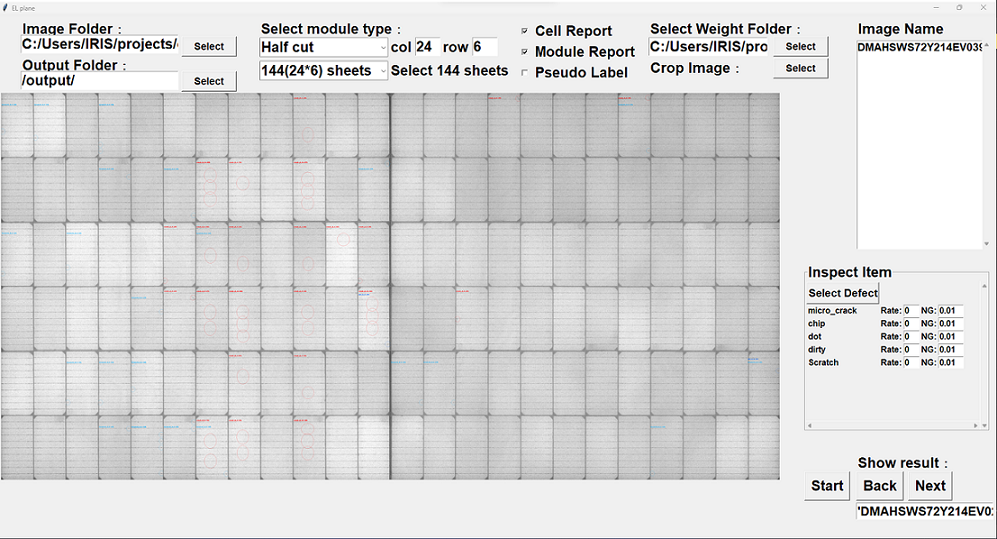| Technical Name | Targeted extracellular vesicle-based therapeutic platform: A nanocarrier for nucleic acid and chemotherapeutic drug delivery | ||
|---|---|---|---|
| Project Operator | China Medical University | ||
| Project Host | 陳怡文 | ||
| Summary | 1. Developed Troy Exo, an engineered HEK293T-derived EV with αHLA-G nanobody for targeting. 2. Established GMP-grade cell bank and 100L-scale EV production with 65% αHLA-G expression. 3. Completed BioD, PK, and GLP toxicity studies showing excellent safety and tumor accumulation. 4. Dox-loaded EVs enhanced breast cancer killing by 4× with reduced cardiotoxicity. 5. miR-loaded EVs improved GBM therapy, increasing drug response by 2.3×. 6. Received FDA IND approval and accepted by Nat. Commun. |
||
| Scientific Breakthrough | αHLA-G Troy Exo is a genetically engineered extracellular vesicle (EV) platform with high targeting specificity, low toxicity, and minimal immunogenicity. It enables precise delivery of therapeutics such as doxorubicin and miR-181, enhancing efficacy while low off-target effects. Produced at scale of 100L under GMP conditions, it offers consistent quality, favorable safety, and extended stability, supporting its clinical potential as a next-generation drug delivery system for cancer therapy. |
||
| Industrial Applicability | Troy Exo is an engineered exosome platform featuring an αHLA-G nanobody, offering high targeting specificity, low immunogenicity, and excellent in vivo stability. It enables precise delivery of drugs and nucleic acids across biological barriers. With scalable GMP manufacturing up to 100L and strong IP protection, it supports multi-indication development, overcoming key limitations of synthetic nanocarriers and offering a next-generation targeted delivery solution. |
||
| Keyword | Nanobody-Targeted Exosomes Triple-Negative Breast Cancer (TNBC) Glioblastoma Multiforme (GBM) Blood-Brain Barrier (BBB) Penetration Tumor Specificity Low Immunogenicity Drug Carriers Chemosensitization Therapy Extrusion Method Electroporation Method | ||
- Contact
- YiWen Chen
- evinchen@gmial.com
other people also saw

